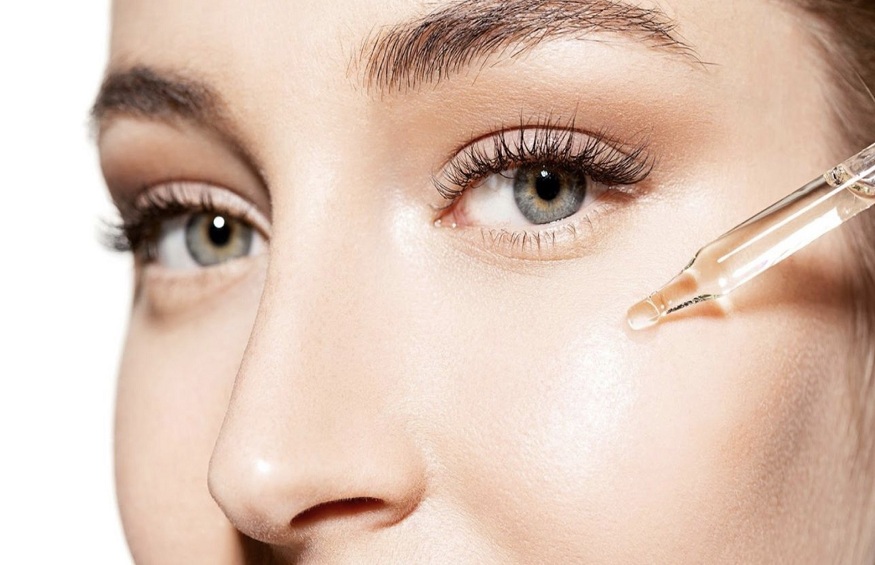Introduction
Ever wondered about the buzz surrounding 透明質酸 in beauty and health sectors? What is hyaluronic acid? Well, it’s not an acid in the way you might think. Unlike glycolic or salicylic acid, which can strip the skin, hyaluronic acid hydrates. And why is it so popular? Simply because of its astonishing capacity to hold moisture.
The Science Behind Hyaluronic Acid
Hyaluronic acid is not a newcomer. Produced naturally by our bodies, it’s a sugar molecule that holds onto water, keeping our skin hydrated and plump. But how is it produced? Mostly in our skin, eyes, and connective tissues. Its primary function? To retain water and keep our tissues well lubricated. The structure of hyaluronic acid is repetitive, a bit like beads on a necklace, and these beads love water, making our skin feel like it’s just drunk a tall glass of H2O.
Benefits of Hyaluronic Acid
- Skin hydration: It’s like giving your skin a deep drink of water. Imagine a sponge soaking up all the moisture—it’s somewhat similar.
- Anti-aging properties: Remember when your grandma said she wished she could iron out her wrinkles? Well, hyaluronic acid doesn’t iron, but it sure does plump!
- Joint lubrication: Not just skin-deep, our joints love it too! It’s like oiling a creaky door hinge.
- Wound healing and tissue repair: Think of it as nature’s little band-aid.
How to Use Hyaluronic Acid
Ever heard the saying, “too much of anything is bad?” The same goes for 玻尿酸. It’s all about how you use it.
- In skincare: Serums, creams, lotions – it’s everywhere! A tiny drop can make a huge difference.
- In supplements: Yup, you can swallow this magic too! But always remember to consult a doctor first.
- Injections and medical uses: From lip fillers to eye surgeries, it’s the silent hero in the medical field.
Safety and Precautions
Like everything else, there are rules. Potential side effects? Minimal but present. Redness, itching, or minor swelling are a few. Who should avoid it? Always consult your dermatologist or physician before making it a staple.
Comparing Hyaluronic Acid with Other Ingredients
- Versus collagen: Collagen is the frame; hyaluronic acid is the cushion. Both are important, but serve different purposes.
- Versus retinol: If retinol is the fiery, active ingredient, hyaluronic acid is the calm, soothing one.
The Future of Hyaluronic Acid
With its growing popularity, can we expect more innovations? Absolutely! The sky’s the limit when it comes to harnessing nature’s wonders.
Conclusion
Hyaluronic acid isn’t just a trend; it’s a skincare and health staple. It’s nature’s gift, a moisture-binding magnet that keeps us looking and feeling youthful and hydrated. And with constant innovation, its future seems as bright and plump as the skin it hydrates.
FAQs
How often should I use hyaluronic acid in my skincare?
Daily, if it suits your skin. But always follow the product’s instructions.
Can I use it with other skincare ingredients?
Yes, it pairs well with most skincare ingredients. However, always do a patch test.
Is hyaluronic acid vegan?
It can be. But always check product labels as some might be derived from animal sources.
Does it help with acne?
While it doesn’t directly combat acne, it helps in hydrating the skin, which can be beneficial for acne-prone skin.
Can I use hyaluronic acid during pregnancy?
It’s generally considered safe, but always consult your dermatologist or obstetrician.

